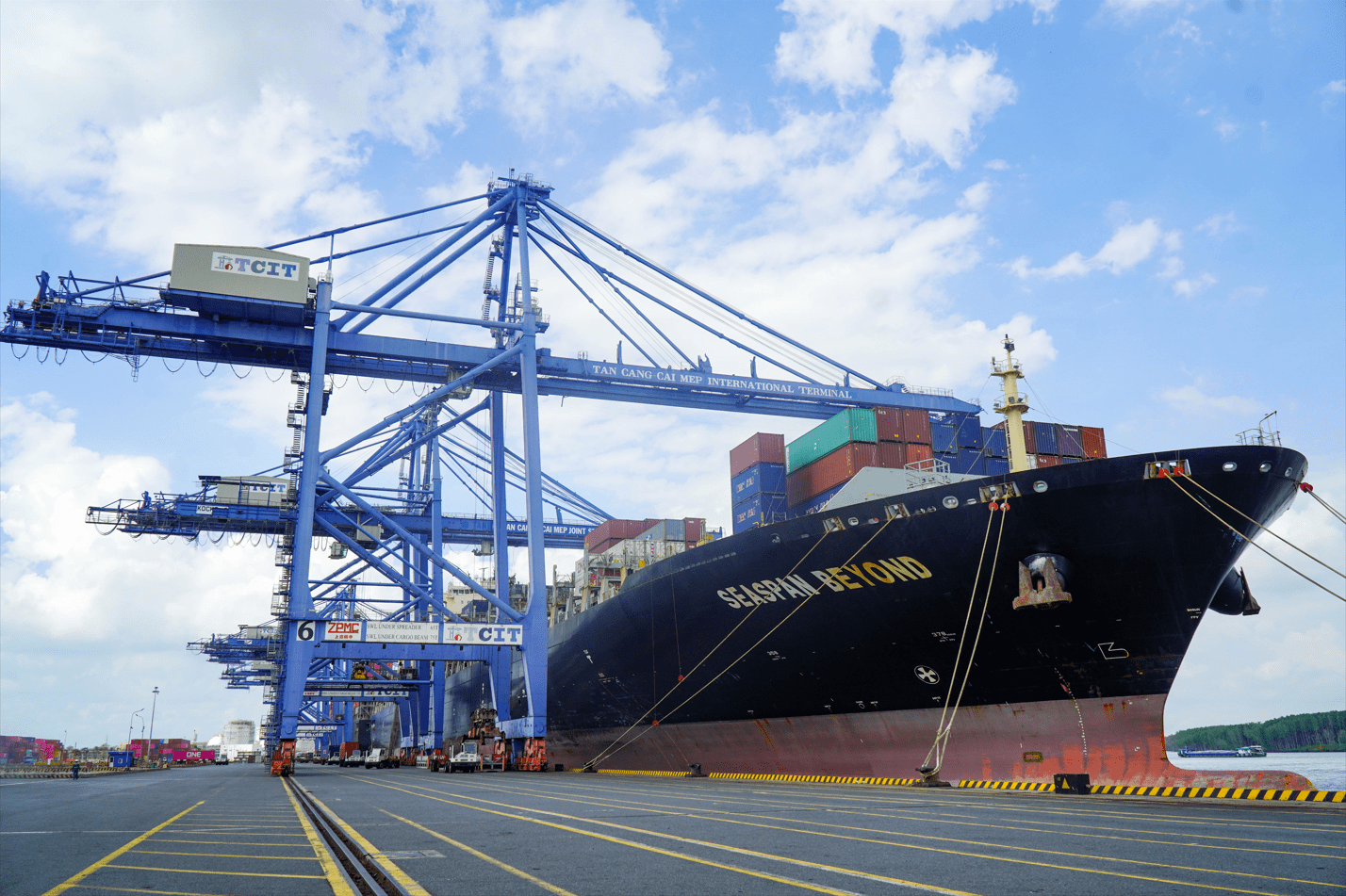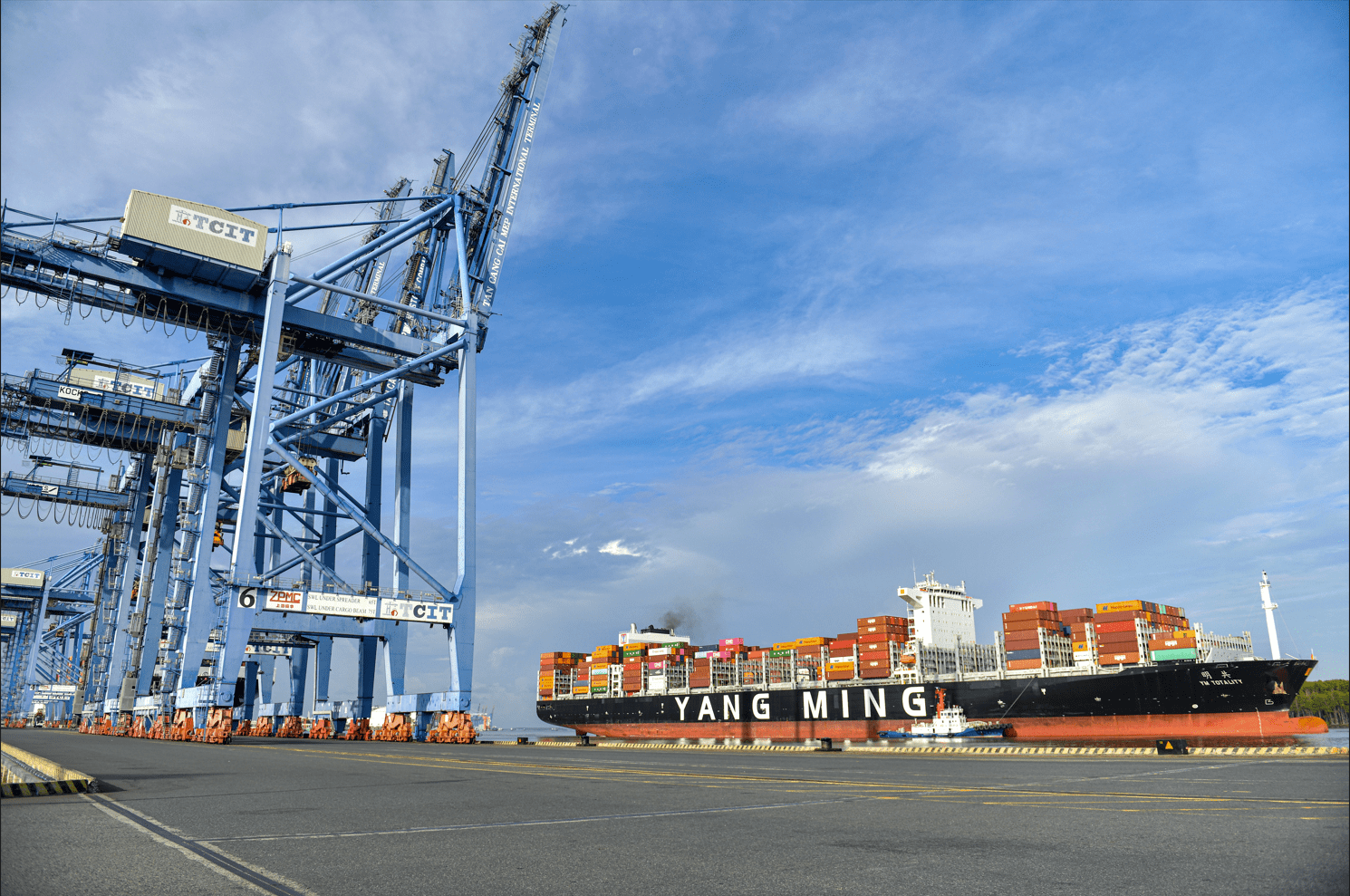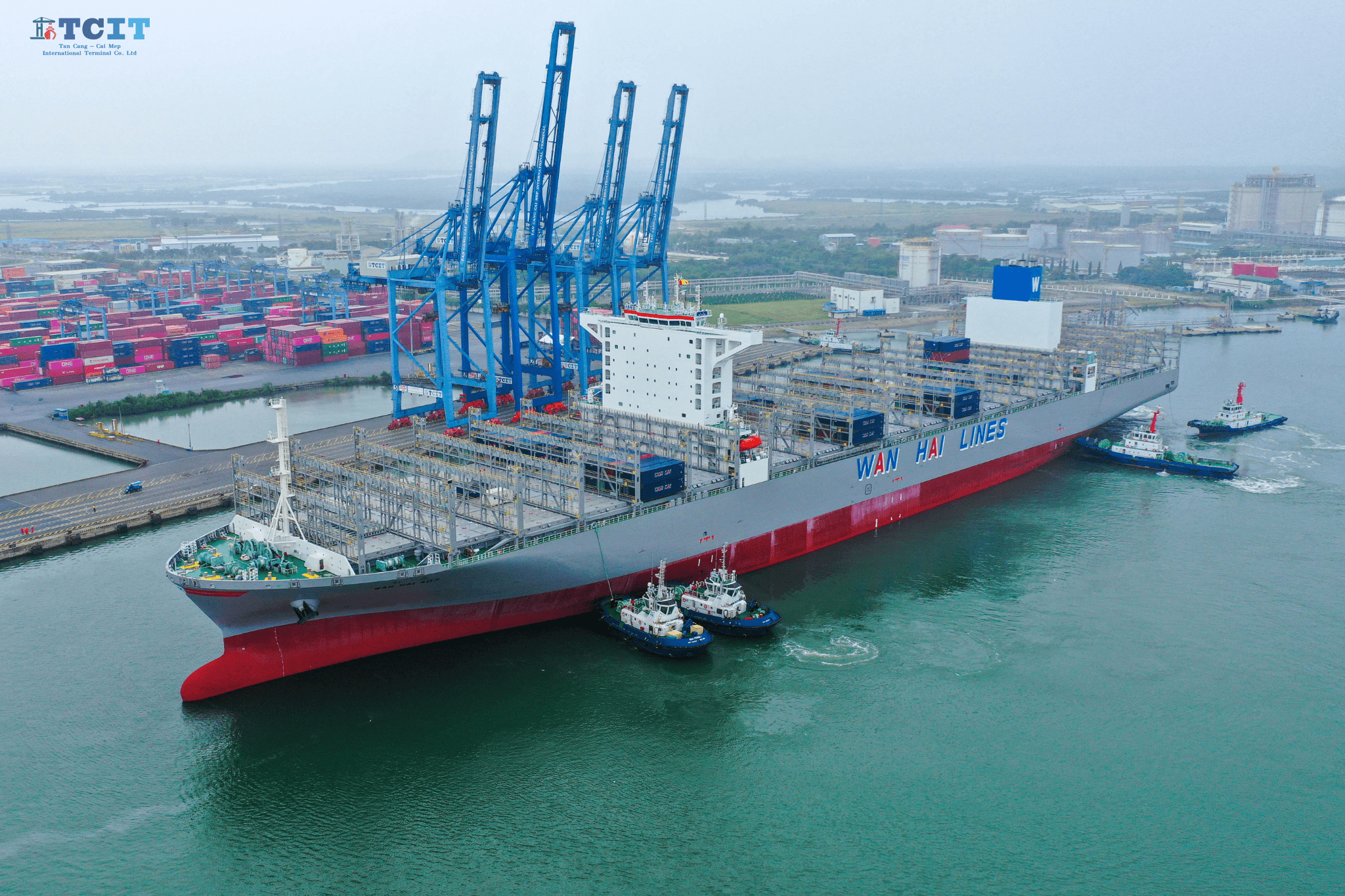Fourth Tug on Its Way to Yantian Express
The third ocean-going tug arrived today to join fire-fighting activities involving burning containership Yantian Express, owned by German liner company Hapag-Lloyd, the company spokesperson confirmed to World Maritime News.
Another tug is on its way as well to assist with the fire-fighting efforts that have been underway for over 10 days, the spokesperson added.
The fire broke out in one of the containers on the ship’s deck on January 3, while the 7,510 TEU boxship was on its way from Colombo to Halifax, spreading to additional containers. The ship’s crew was evacuated after the fire aboard the vessel increased in intensity.
Based on the latest update from the German liner, the fire has been widely contained and the vessel is being towed at a slow speed by Maersk Mobiliser off the coast of Canada. Five of the ship’s crew members have returned to the stricken ship.
The fire fighting operations were led under the direction of the salvage company Smit and in cooperation with the Hapag-Lloyd crew.
“There is currently no estimated time of arrival (ETA) for Halifax or any other port,” Hapag-Lloyd’s spokesperson said.
Ocean Alliance to Deploy 330 Ships in New Service
The Ocean Alliance partners have presented their new service offering, which would see the carriers utilize 330 containerships.
Namely, CMA CGM, COSCO Shipping Lines, OOCL and Evergreen signed the agreement for the launch of Ocean Alliance Day 3 Product, to start in April 2019.
Under the new deal, the partners said they would cover 38 services using 330 vessels with an estimated carrying capacity of around 3.8 million TEUs.
First launched in spring 2017, the new network deal would provide the largest service offer on the Transpacific trade with 19 services, a strengthened offer between Asia and Europe with the addition of a 7th service, and a large offer between Asia and the Mediterranean.
Additionally, the partners would link North Europe to the East Coast of the United States and the Gulf of Mexico with 2 Transatlantic services, offer 4 services between Asia and the Middle East, and 2 Asia-Red Sea services.
“This new agreement with our Asian partners will enable us to propose to our customers an unrivaled and competitive service offering. It is a milestone in our development strategy,” Rodolphe Saadé, Chairman and CEO, said.
Ocean Alliance Gets Extended until 2027
Members of the OCEAN Alliance, CMA CGM, COSCO Shipping Lines, OOCL and Evergreen, have signed documents to confirm the extension of the duration of OCEAN Alliance to ten years, until March 31, 2027.
Announcing the signing, Chinese shipping major COSCO Shipping Lines said that OCEAN Alliance operates stably and orderly under smooth communication among all members since April 2017.
“All members are satisfied with the high quality of OCEAN Alliance product with comprehensive coverage, high frequency, distinct port pairs and reliable schedule,” COSCO added.
“All members are convinced that, with the confirmation of ten years cooperation, OCEAN Alliance could cope with the challenge in future and our alliance would be united and strong. We will perform the necessary procedures to related regulators and ensure the operation of OCEAN Alliance compliance with laws and regulations.”
The signing of the documents comes just a day after the alliance announced the launching of its Day 3 product. Under the new service offering, the partners said they would cover 38 services using 330 vessels with an estimated carrying capacity of around 3.8 million TEUs.
The alliance was launched on April 1, 2017 with an estimated total carrying capacity of over 3 million TEUs.
ZIM Moves Forward with Blockchain-Based Bill-of-Lading
Israel-based liner company Zim Integrated Shipping Services (ZIM) is set to begin offering the opportunity to all its customers to switch to electronic Bills-of-Lading based on blockchain technology.
The offering will be introduced first on selected trades, with the Asia-South Africa and North America-Mediterranean trades being put in focus in the first quarter of 2019.
The company said these trades were chosen due to their “diverse activities and involved players.”
“Having gained considerable experience with this revolutionary technology, we are now moving forward,” Eyal Ben-Amram, ZIM CIO, said.
The move is being announced following successful trial period of the paperless Bills-of-Lading, accomplished with the Wave Ltd. and Sparx Logistics.
ZIM said that the exploratory transactions indicated that the blockchain technology can not only replace paper but also improve current activities which rely on emails, fax and other existing tools.
In two recent transactions, Original Bills of Ladings were transferred to the receiver within under two hours from vessel departure, a process that ordinarily takes days or even weeks, the company informed. All documentation processes, including endorsements, ownership transfers etc. were performed over the blockchain-based platform.
One consignment was shipped from Vietnam to the US East Coast, and a shipment of 11 High-Cube special containers were loaded in Koper and shipped to Haifa.
“Digitizing the shipping documentation process will have a tremendous effect of reducing the time, complexity and costs for all parties involved,” the company said.
“ZIM is pioneering the digitization efforts and have started involving other industry stakeholders for the exchange of knowledge and the creation of industry standards.”
ZIM completed the first pilot using Wave application, based on ledger technology, back in 2017.
During the trial all participants issued, transferred and received original electronic documents using the Wave Application, and the containers were shipped by Sparx Logistics from China to Canada.
An electronic substitute to the traditional Bill-of-Lading has been the industry’s Holy Grail for many years.
ZIM believes that the blockchain technology can be the solution that will drive the trade to the digital era.
2M Alliance Commits to Liverpool
The 2M liner alliance, comprising industry giants Maersk Line and MSC, has confirmed that UK’s Port of Liverpool will become a permanent call on its TA4 service connecting Europe with several US ports.
The move follows the introduction of a temporary call in July 2018 resulting from continued disruption at the Port of Felixstowe.
The service is currently used to export UK cargo such as food produce and retail, but, according to the port’s operator, Peel Ports, it also is attracting interest for trade in manufacturing and industrial goods.
Commenting on the development, Mark Whitworth, Chief Executive of Peel Ports said the tide was turning in Liverpool’s favor.
“The south-east has congested ports, an acute haulier shortage and major concerns about the impact of Brexit on continental trade. The logistics business is naturally risk-averse, especially in these unprecedented times, but it’s clear that the rewards are there for those prepared to take bold moves,” he added.
“Switching our transatlantic service temporarily to Liverpool allowed us to maintain our comprehensive UK offering with a wide range of connections to our global network. Based on demand and interest from businesses across the North West we are pleased to be making this change permanent,” Asbjorn Kops, Trade and Marketing Director of Maersk said.
The service will use a port rotation that takes in Antwerp, Rotterdam, Bremerhaven, Liverpool, Newark, Savannah, Port Everglades and North Charleston.
ONE: Two Boxships Set Container Loading Records
In late December 2018, two ultra large container vessels (ULCVs) operated by Ocean Network Express (ONE) set container loading records in two consecutive weeks.
The 20,170 TEU boxships, MOL Trust and MOL Tradition, achieved records of 18,694 TEU and 18,767 TEU, respectively.
MOL Trust, which operates in ONE’s Far East Loop 2 (FE2) service in THE Alliance, loaded the record number of containers on its Singapore westbound departure destined to North Europe on December 24, 2018.
In addition, MOL Tradition, which operates in the same FE2 service, renewed ONE’s record on its Singapore westbound departure on December 29, 2018.
Each featuring a length of 400 meters and a width of 58.8 meters, the two vessels are the largest containerships in ONE fleet.
Built at Samsung Heavy Industries shipyard in South Korea in 2017, the 197,000 dwt ships fly the flag of the Marshall Islands.
Source: World Maritime News
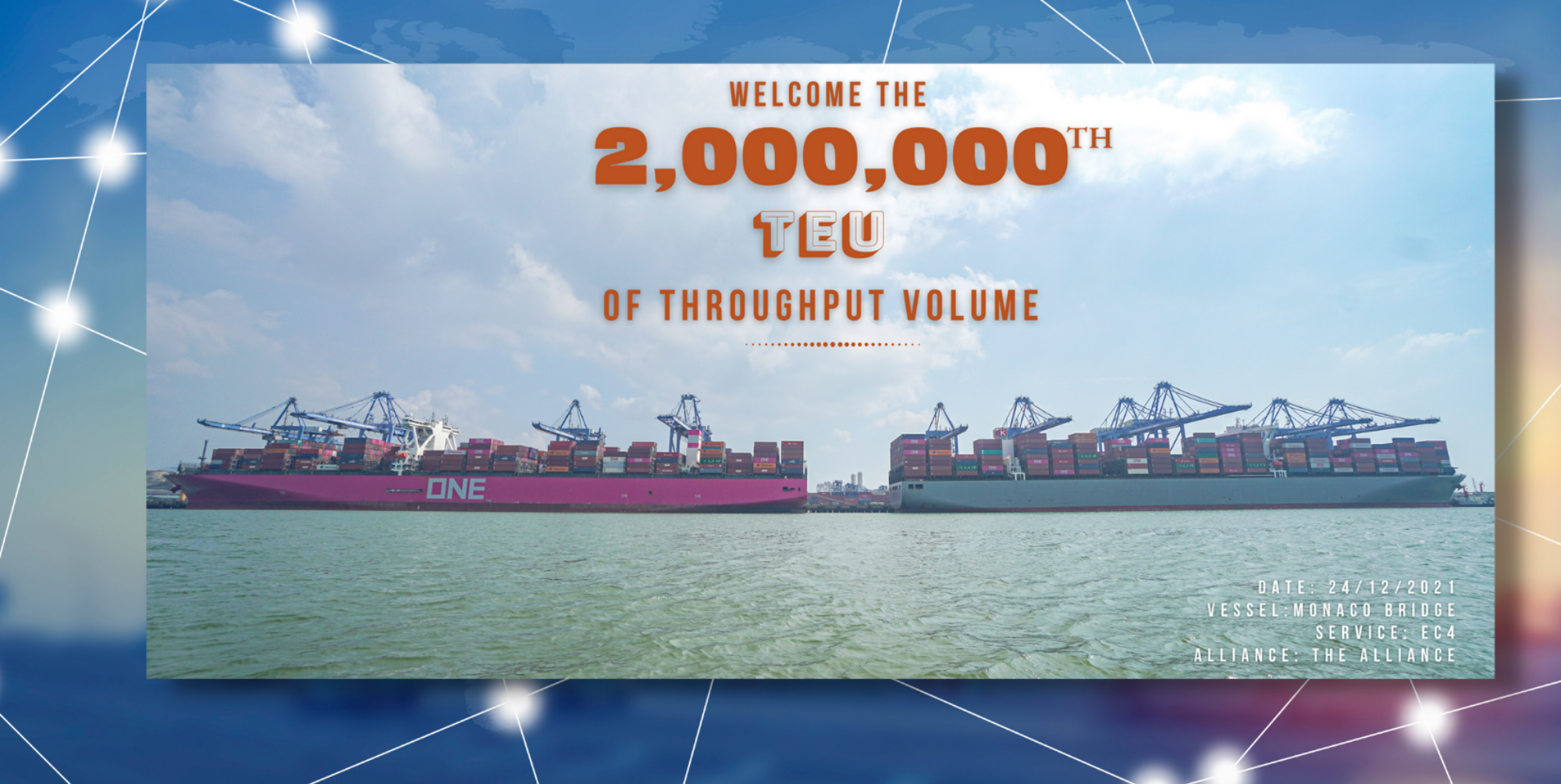
.png)

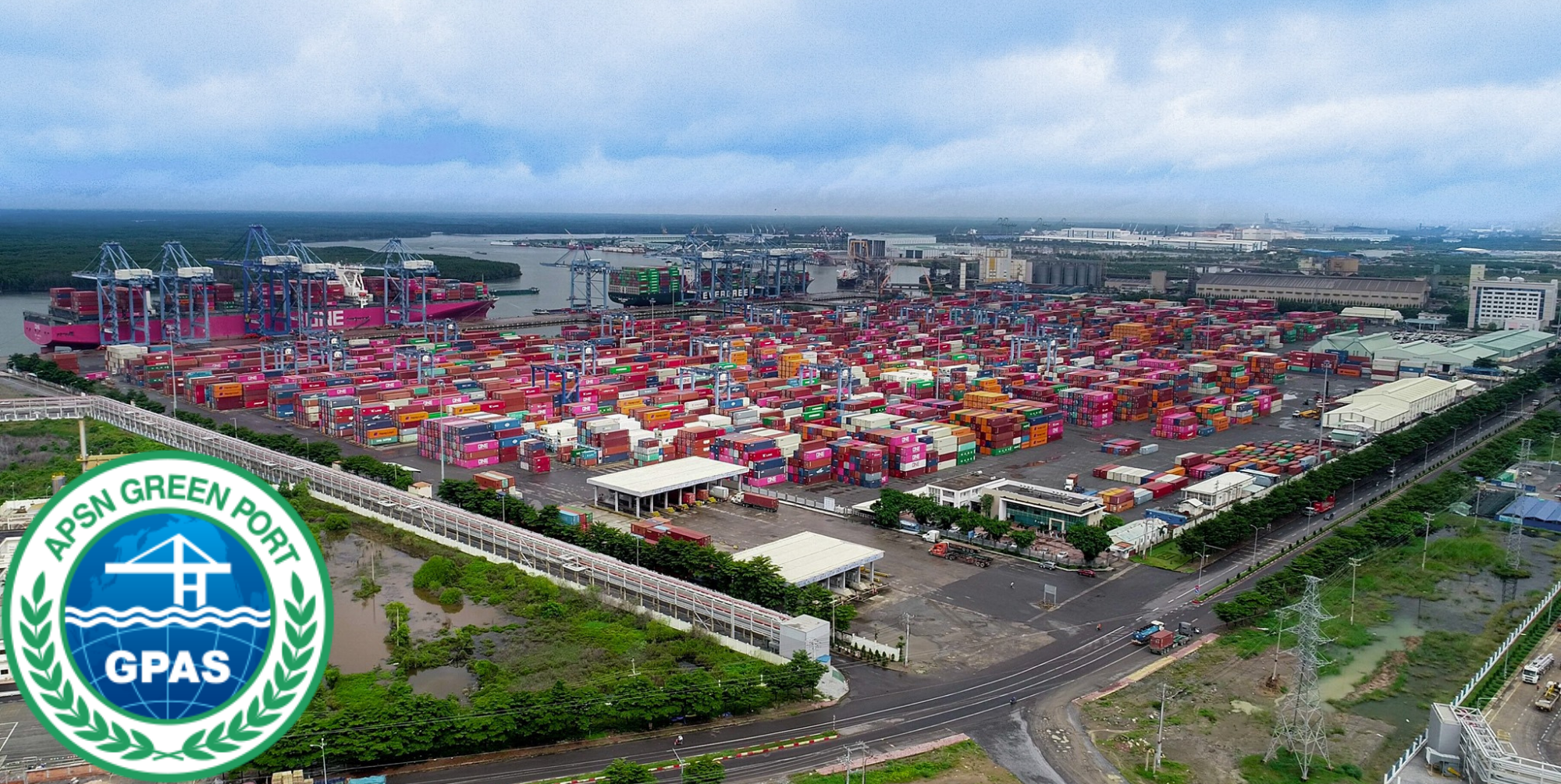

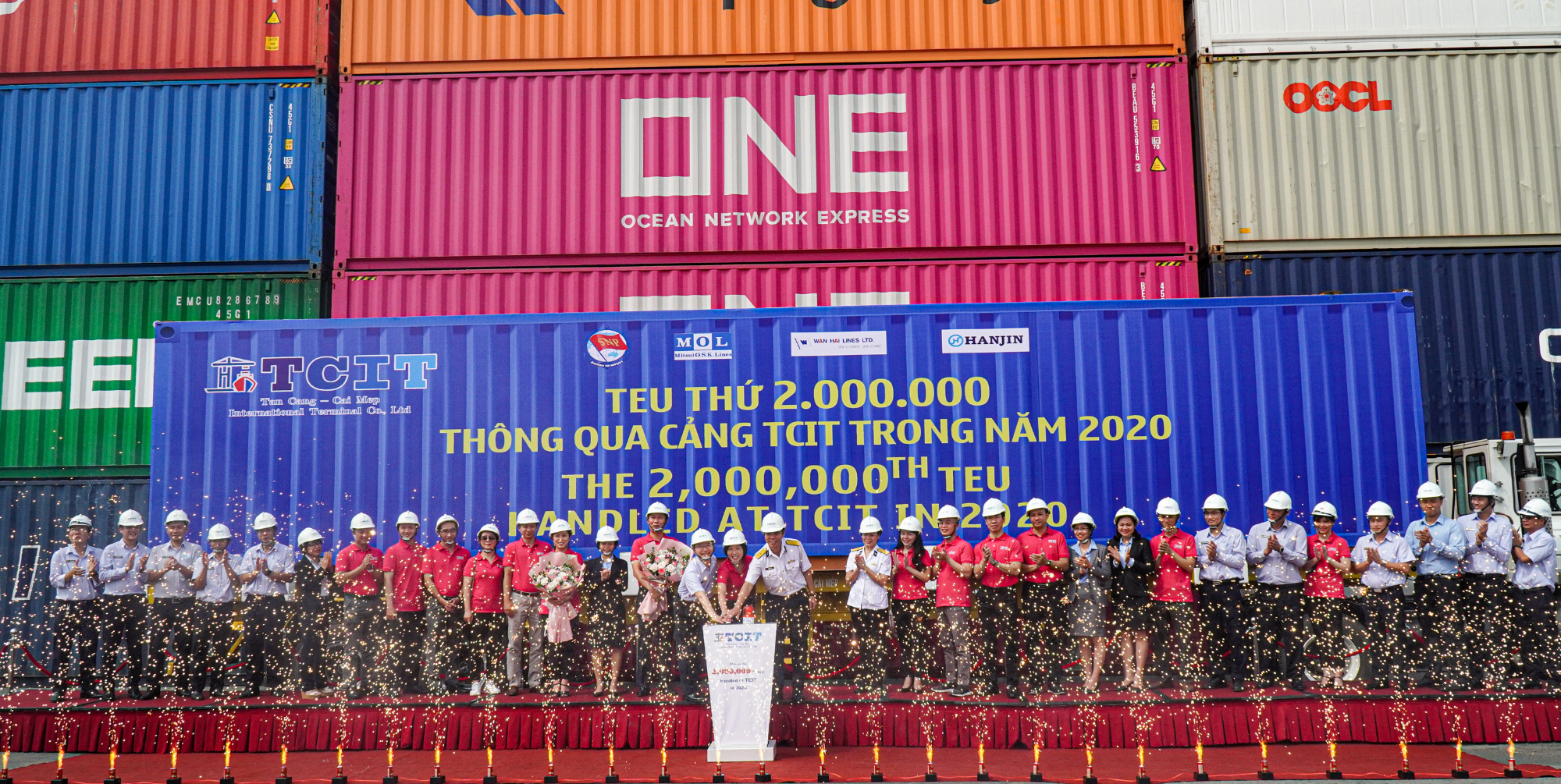
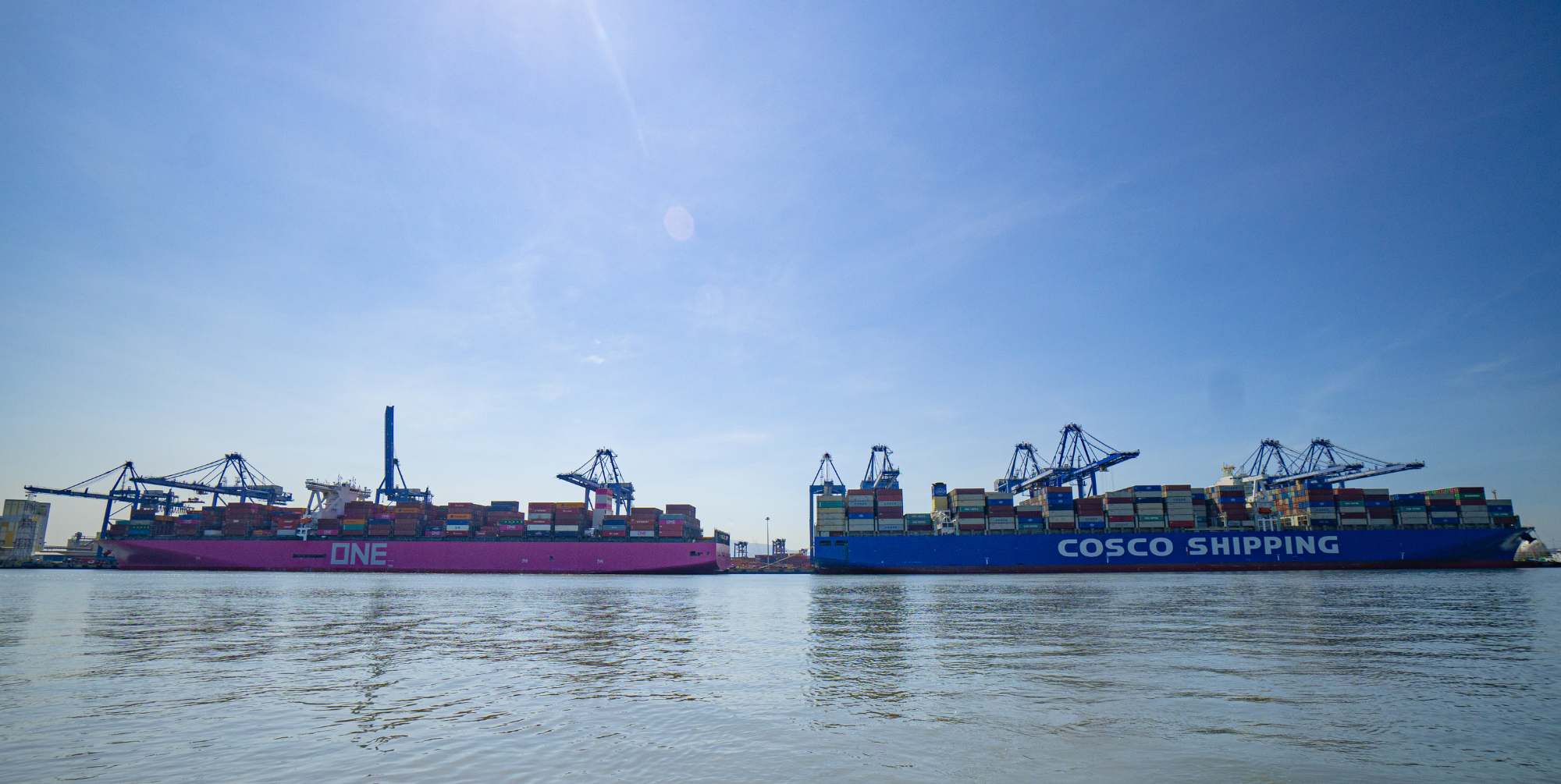
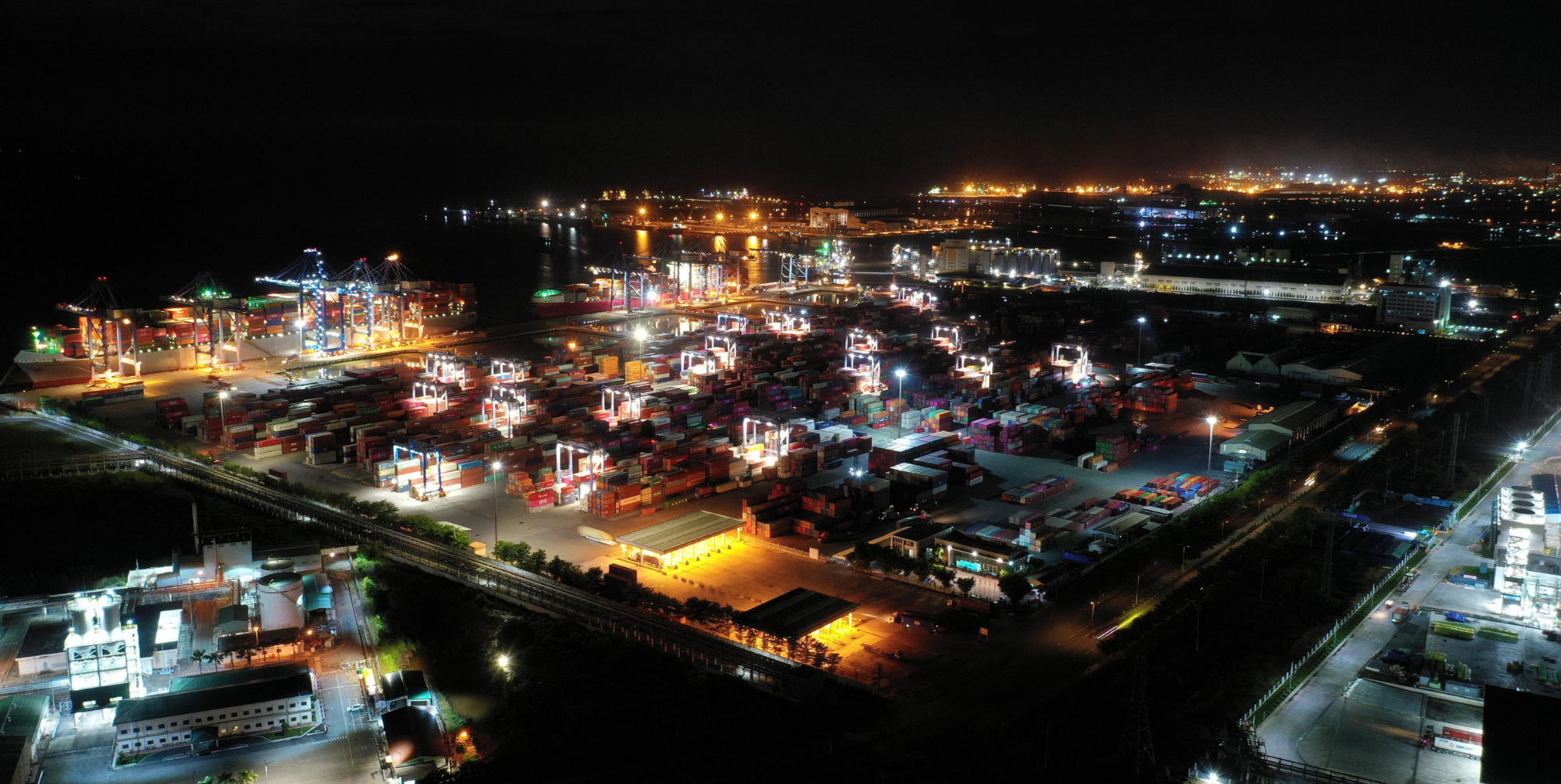
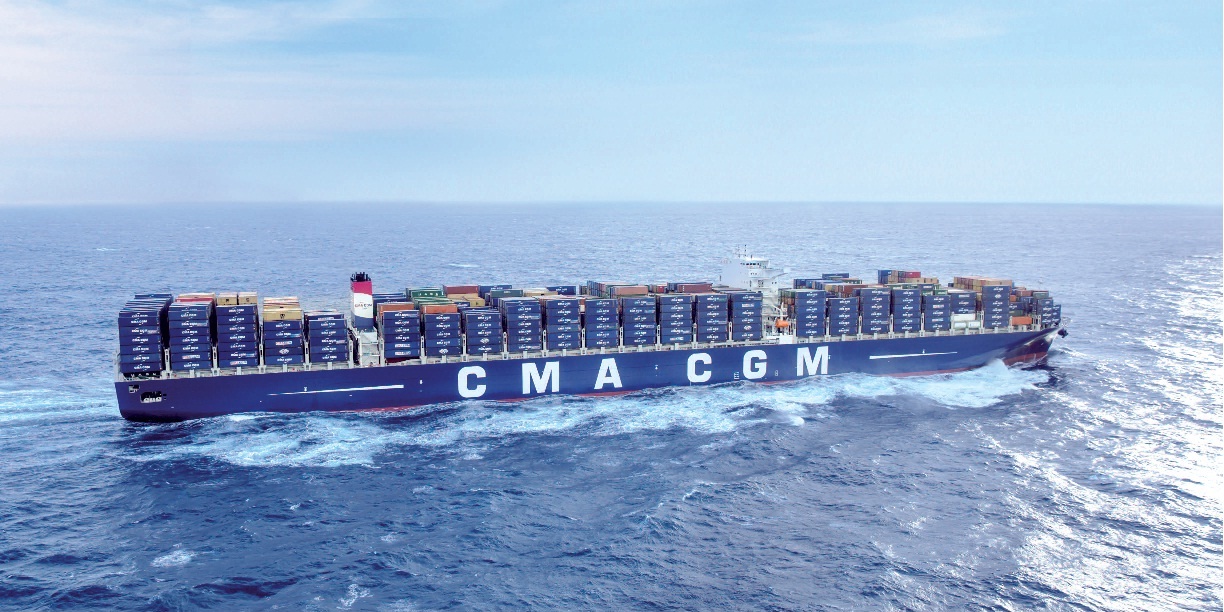
.jpg)
